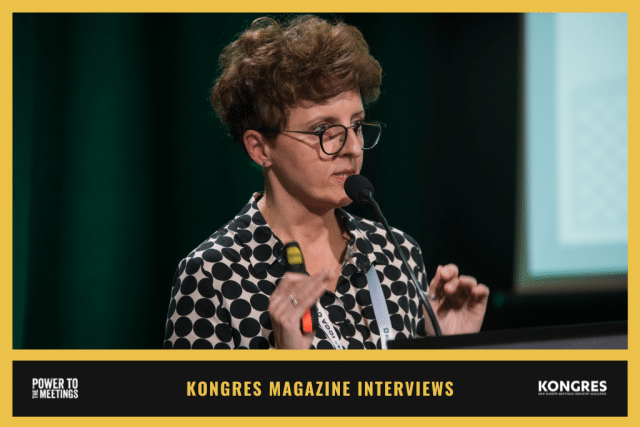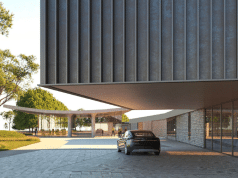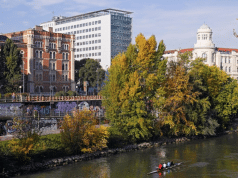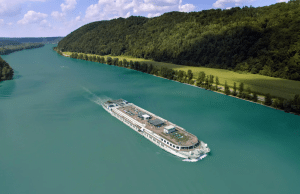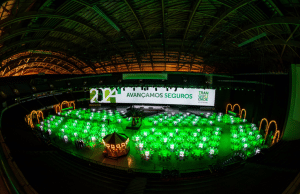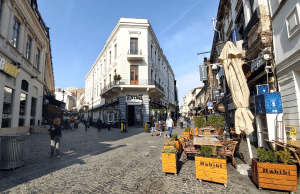INTRO 1: How would you describe your destination if you could only use two to three words?
Krakow is a city with soul, an inspiring and open city.
INTRO 2: Which destination do you believe is your biggest competition?
That is an interesting question, but since the pandemic and the outbreak of war in Ukraine, our optics have changed. We are even more pleased with every congress organised in Poland or this part of Europe. Let’s remember that Krakow is not the capital city, so we are competing with cities like Dublin, Florence or Valencia on the one hand and with European capitals like Prague or Budapest on the other.
INTRO 3: Which destination is an inspiring role model to you?
Scandinavian destinations are definitely very inspiring. If I had to name one city, it would be Copenhagen, one of the leaders and role models when it comes to event policy. The sustainability of this city and the well-thought-out solutions to improve the well-being of its inhabitants are reflected in aspects such as education, carbon measures, and urban transport.
Q1: How do you see the recognition among the top ten meeting destinations evaluated according to the Meeting Experience Index?
Every recognition of Krakow is extremely gratifying. Our city has many tourist assets – the historic old town, centuries-old history, rich cultural offer, and excellent tourist facilities. However, in the meetings industry, the factor that complements or links these elements is the people – committed, imaginative and passionate. It is thanks to them that Krakow can boast the title of one of the Best Meetings Destinations.
Q2: What sets your destination apart from your competition, and what will ensure you have a competitive edge in the future?
The city is famous for its unique atmosphere. Kraków’s Main Market Square – the largest mediaeval square in Europe – has always been the heart of the city, vibrant with life throughout the year. It is a favourite meeting place for locals, students, tourists, and businesspeople. What is more, numerous UNESCO monuments, cafés, restaurants, galleries, bookstores, and museums are accessible within a short walking distance. This atmosphere is shared with congress guests. Krakow is the ideal scenery for international events.
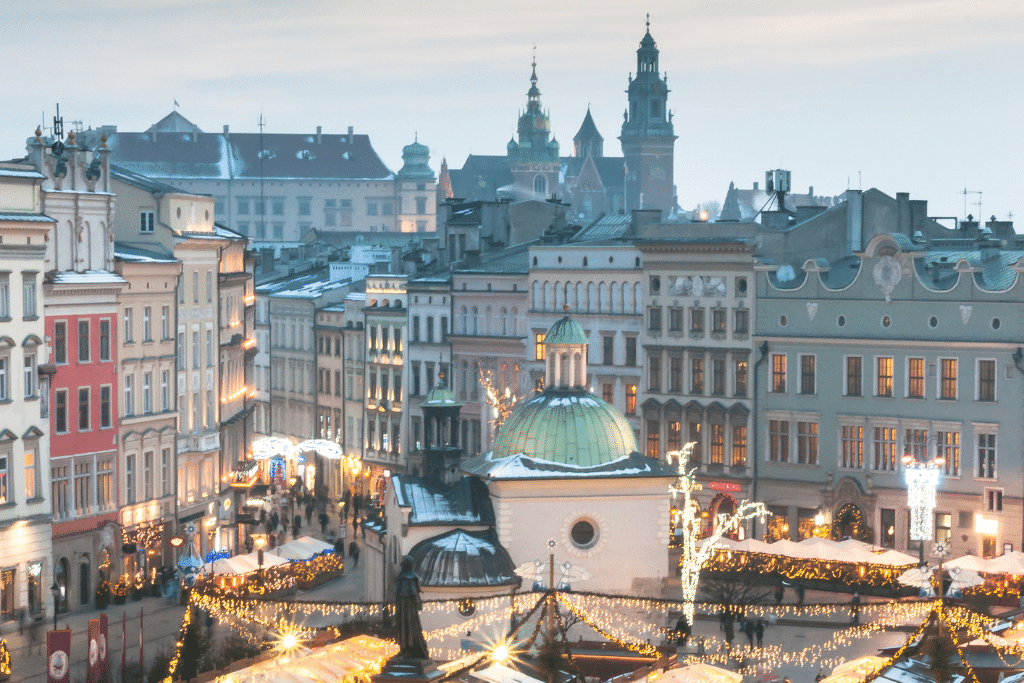
Q3: We live in uncertain times; in the past two years, we have learned how to battle the crisis caused by the corona crisis and face the economic crisis caused by the war. How does your destination cope in such challenging times?
After the pandemic, just when the local industry was ready for the comeback of on-site events, the conflict in Ukraine began, and we faced another huge challenge. Today, the situation seems stable, with Ukrainians who have come and continue to come to the city offering many opportunities for support and assistance, including legal and administrative assistance.
The organisation of events in Krakow has now taken on an additional dimension – it is an expression of solidarity with the Krakow and European meetings industry, which is struggling with the effects of the war. A prime example is the organisation of the 61st ICCA Congress in Krakow. The ongoing war across our border raised doubts about security and attendance. However, the ICCA Association maintained its decision to hold the congress. What is more, it also managed to convince a record number of over 900 delegates from all over the world to come to Krakow.
Q4: How do you foresee the future of the meetings industry in the next decade? What topics must the industry address immediately?
People are going back to attending stationary events because they believe face-to-face meetings are valuable to them and their businesses. I think delegates will only choose events that offer the highest level of content, plus take place in interesting destinations. Attendees increasingly want to combine conference trips with leisure planning, the post-pandemic pleasure phenomenon is even more evident. Organisers should open up to the individual needs of delegates, leaving them the opportunity to co-create the content, to decide on the form and shape of the event and how to spend their leisure time. Another important aspect is to organise events in the spirit of sustainability, to act for the local community and to reduce the carbon footprint.
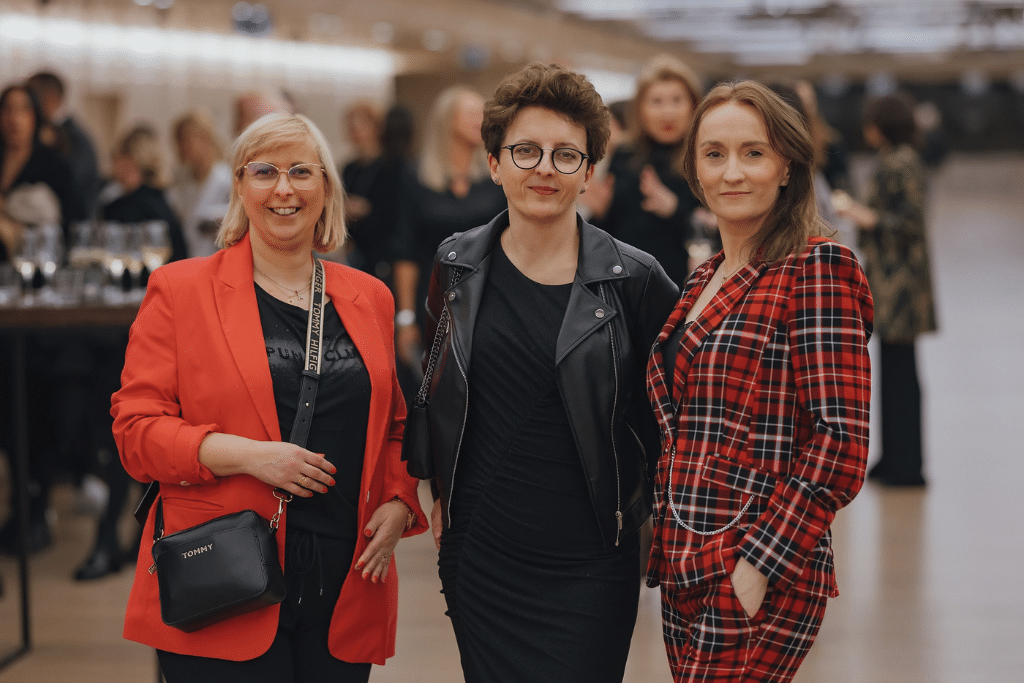
Q5: How does your destination stay up-to-date with the turbulent changes sweeping the meetings industry? What is your advice for our readers?
I think it’s worth betting on your destination’s strengths and cultivating pillars that won’t be undermined by the next wave of pandemonium and political turmoil. Consistent development, setting goals and challenges in line with the latest trends, and being open to the needs of the market and the customer is our long-term policy.
Q6: What should the meetings industry do to attract talented individuals? What is your advice for young talents starting their careers?
Generation Z is entering the job market. These are young people who are intuitive with social media and apps and communicate online. This brings with it a number of opportunities and challenges for employers in terms of both the creation of jobs and working conditions and the demands and ambitions of these people. On the other hand, we have to open up to needs such as work-life balance or a flexible approach to working hours.
Our work is very creative, providing opportunities for professional but also personal development and establishing relationships, which seems to be attractive for young, talented people. For open-minded individuals who want to face the meetings industry, I would advise them to start already during their studies – by getting involved in organising local government meetings, student exchanges, and festivals. It’s an invaluable experience and a chance to meet interesting people.
Q7: Where are you positioning your marketing efforts this year and the next?
This year, our activities are focused on the “Wide Open” campaign in the European Union-funded project “Malopolska – travel destination”. The campaign includes spots and banners highlighting the richness of the tourism offer of Malopolska and Krakow. As KCB, we focus on promoting business tourism, which is strategic for the city’s tourism economy due to its huge potential and facilities base.
We are promoting Krakow in our social media on an ongoing basis, we are about to launch a campaign in the business and opinion press, and an online campaign will be launched in the second half of the year. Due to this project, we can take part in key industry events such as IMEX Frankfurt, IBTM Barcelona, The Meetings Space and M&I Forum. In addition, we are planning a fam trip to Krakow and Malopolska in the autumn. It’s going to be a promotionally active year!
Q8: Your partners are possibly the most demanding meeting planners. What is it like to work with them and meet their needs?
I think the most important thing is to understand the needs and goals of the organisers of an event. A frank, honest conversation, openness and adapting to changing circumstances will allow the intended solutions to be worked out together.
Learn more about Krakow Convention Bureau here.


